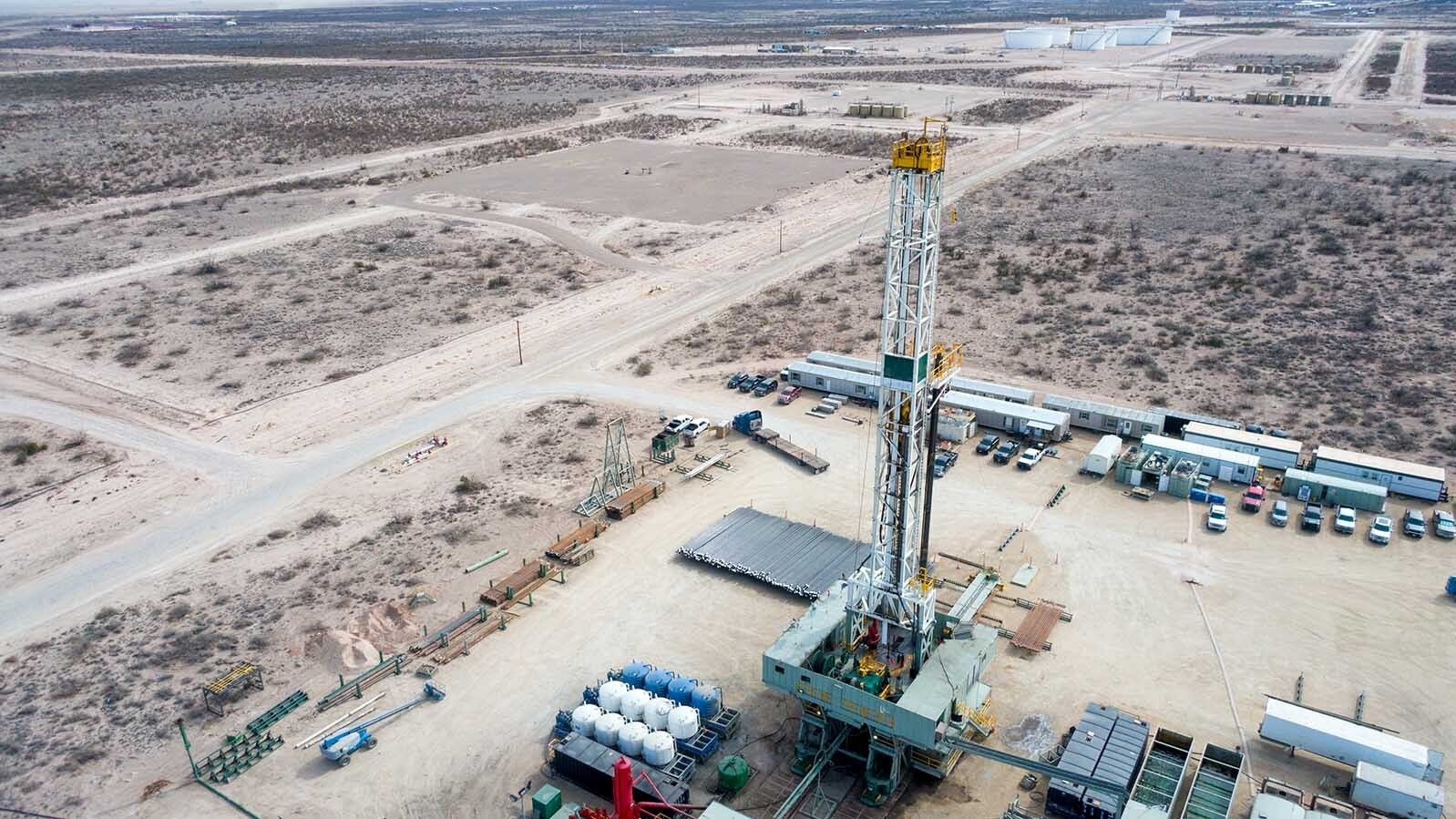By Clair McFarland, Cowboy State Daily
clair@cowboystatedaily.com
Citing “false and misleading representations” by Twitter, the richest man on earth on Friday backed out of a $44 billion bid to buy the social media website.
The backpedaling comes more than a year after Wyoming lawmakers voted against holding social media giants to free-speech standards.
Elon Musk in April brokered a deal to buy Twitter, which touts about 400 million users. The platform is used by President Joe Biden, Wyoming Gov. Mark Gordon and numerous Congresspeople and state legislators.
Musk has long railed against a reported lack of fair user treatment by Twitter, which has been repeatedly observed banning politically conservative users or asking them to delete controversial posts.
Civil Suits
Long before Musk’s offer, a handful of Wyoming legislators in 2021 tried to pass a bill allowing civil suits against social media sites on the basis of “viewpoint discrimination.”
The bill died in the House Judiciary Committee last April following a 6-3 vote.
One of its chief proponents was Cheyenne attorney Harriet Hageman, who now is vying for Wyoming’s U.S. House seat.
Pointing to examples of social-media censorship especially in the wake of the 2020 election, Hageman told the committee last April that “viewpoint discrimination” should be disallowed for tech giants so big, they’re a type of “public square,” or center of communication.
“We all recognize that these companies have become extremely powerful and extremely big, and they do have the ability to suppress speech, and they admit that,” Hageman said at the time.
State Rep. Mike Yin, D-Jackson, pushed back on Hageman, saying that social media companies shouldn’t have ongoing lawsuit fears when they take down content that they believe incites violence.
“Are you saying that if I was a social media company, now I’m going to possibly face whatever penalties are in this bill if I start taking people’s stuff down?” asked Yin.
Bill sponsor Sen. Cheri Steinmetz, R-Lingle, countered Yin, saying her bill contained a caveat allowing computer services to censor “unlawful expression.”
The committee majority bristled at the bill’s special restrictions on one type of business, and committee chair Rep. Jared Olsen, R-Cheyenne, who voted against the bill, had characterized it as a slippery slope of private-sector overreach. He also wondered aloud if it would be more appropriate for the federal government rather than state to declare social media giants as the “public square.”
“Once we fully declare that these social media platforms are the public square, then whoever’s in power can ultimately define the viewpoints that are OK,” said Olsen. “I don’t want Nancy Pelosi defining for me what viewpoint is permissible or not permissible. When you take something out of the private sector, out of the free market… do we invite more danger than we do (help)?”
‘Silicon Valley Billionaires’
Hageman in an email to Cowboy State Daily three months ago re-stated her assertion that social media “has absolutely become the modern-day town square, where free speech should be at its most unfettered.”
She also said that the entire matter shouldn’t be in the hands of “Silicon Valley billionaires,” but should be pursued via federal law.
“Laws need to be reformed to reflect the rise of social media’s power, because they were written before it gained such prominence,” she said.
Spam
Twitter had claimed that about 5% of its monetizable daily active users are spam accounts. In a June letter by Musk’s attorney Mike Ringler, Ringler claimed that Twitter had “refused to provide the information” that would verify that claim.
Musk in May had claimed that fake users make up at least 20% of all Twitter accounts. Twitter disagreed with the claim.
Twitter has a right to sue Musk and force him to complete the deal or pay a $1 billion breakup fee, the New York times reported Friday.





